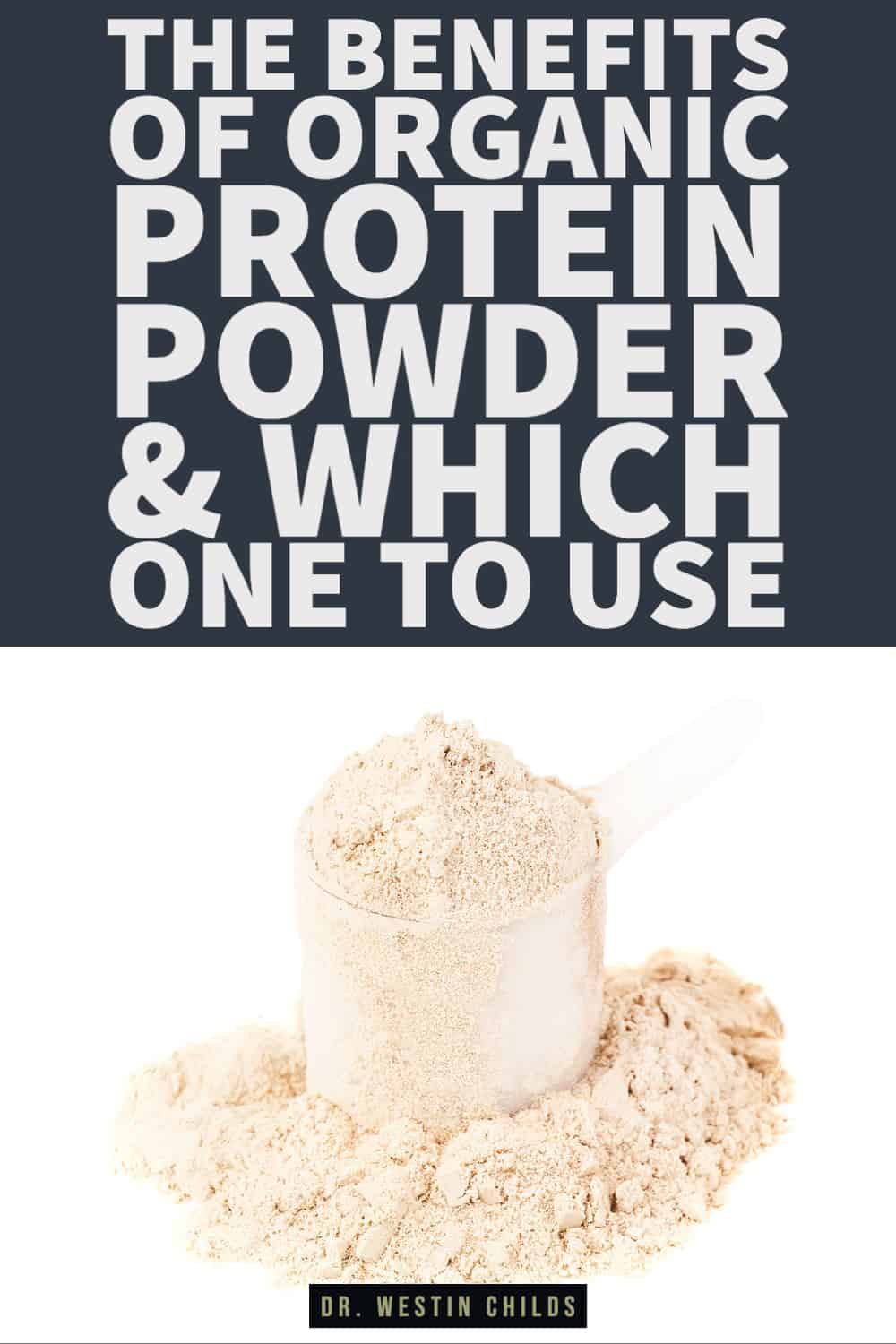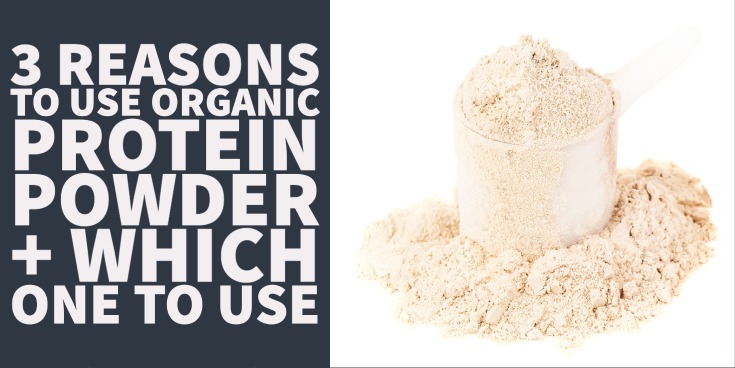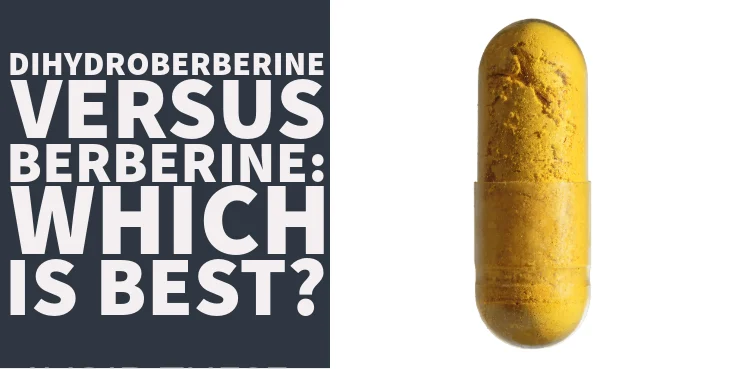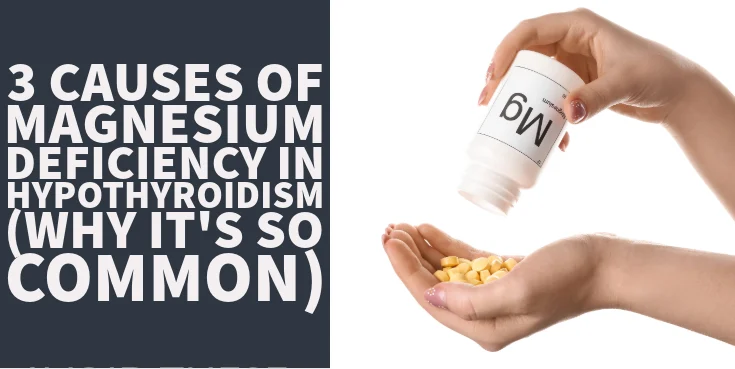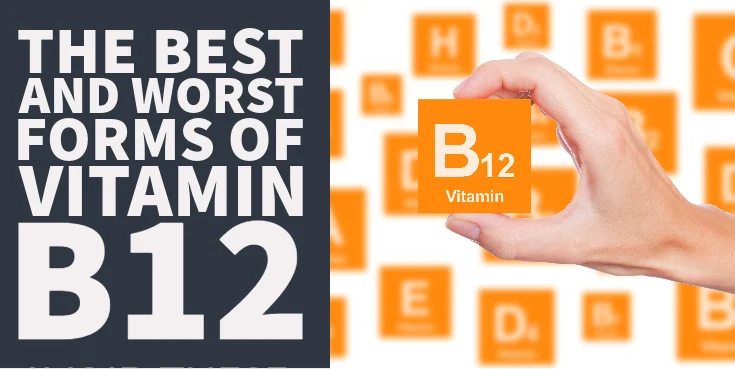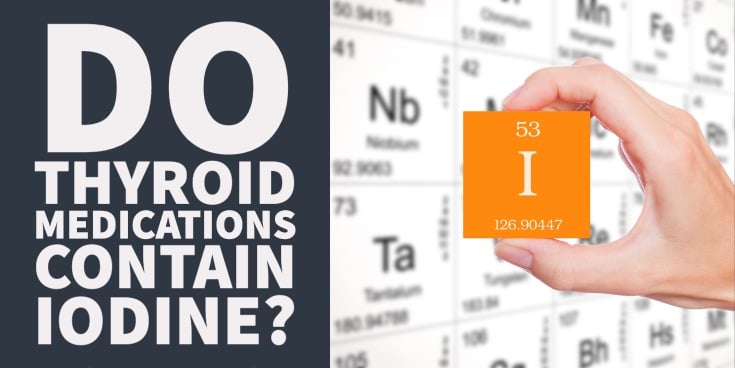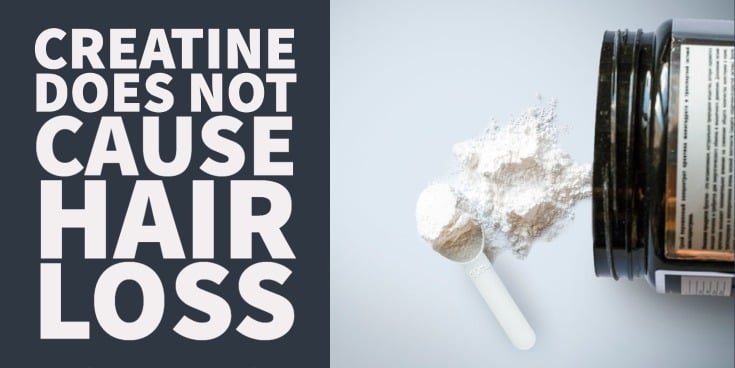Using protein powder can act as a powerful supplement to help improve gastrointestinal function, promote weight loss, and normalize appetite.
Most people are very familiar with protein powder and have been using it daily for years!
But are all protein powders created equal?
Not by a long shot.
It turns out that the best protein powders are the ones that provide high-quality protein in organic plant-based forms with other anti-oxidants and anti-inflammatory agents.
This type of organic protein powder also promotes better intestinal results because it is easily absorbed and free of certain inactive ingredients that can cause negative reactions in some people.
Learn more about how to use organic protein powder in this article and which supplement is the best…
5 Reasons to Use Organic Protein Powder
Using protein powder is ideal if you are trying to lose weight or trying to improve your overall health.
Why?
Because protein powder provides an easy way to supplement with high-quality essential and non-essential amino acids, while simultaneously providing an easy way to get a healthy and satiety-inducing meal each day.
In addition, certain protein powders contain other extremely helpful nutrients and vitamins that can help your body tolerate stress, burn excess fat, and promote better digestion.
Does this mean that you can get all of these benefits with any protein powder?
Not necessarily.
I’ve found that most people (especially those with hormone imbalances, including thyroid problems) do much better on organic plant-based protein powders.
This is worth discussing because most commercial protein powders contain protein derived from dairy or whey.
Many people are familiar with whey-based protein powders, but not many realize that there is another alternative – plant-based protein powders.
Plant-based protein has been shown to improve indices of body composition and exercise performance (1) to the same degree as whey protein, meaning they are just as effective.
In addition, both whey and plant-based protein powders (2) have a similar effect on metabolism (basal metabolic rate), glucose metabolism, and muscle mass production.
Not only that but they are also well tolerated.
What does that mean for you?
It means that by using organic protein powder you can get all of the benefits of using whey protein supplementation, but ditch the negative side effects such as gas/bloating that tend to occur with dairy forms of protein powder.
In fact, some people may have sworn off protein powders in general because they weren’t able to tolerate whey-based powders.
These reactions tend to occur because slight food sensitivities to milk proteins and sugars are quite common among the general population, and even more common among people who struggle with weight loss and other hormone imbalances.
I’ve been using protein powder daily as part of my own personal regimen and I want to share why I prefer to use organic protein powder over whey-based powders.
Before we jump in, make sure you realize that each person is different, so what works for me and for others may not work for you!
The best way to find what works for your body is through trial and error.
With that in mind let’s discuss the benefits of using organic plant-based protein powder…
#1. Promotes Weight Loss
One of the best reasons to use organic protein powder is to promote and regulate weight.
While protein powder doesn’t necessarily result in weight loss directly, it has a number of beneficial effects that promote fat-burning potential in the body:
Protein powder promotes muscle mass production & size
Almost everyone knows that protein is required for muscle mass production and maintenance – this is no secret.
What you may not realize is how important muscle mass is for weight management in your body.
Skeletal muscles (the big muscles in your body) consume a lot of energy, even if they aren’t being used!
This energy consumption helps regulate your overall metabolism or basal metabolic rate.
Your basal metabolic rate is the number of calories you burn while sleeping, resting, thinking, breathing, eating, etc.
This number is very important for weight loss and contributes more to the weight loss equation than any other factor.
This makes maintenance of muscle mass a top priority if weight loss is your goal!
Another important element in muscle mass is that over time both men and women will experience a gradual decline in muscle mass which is known as sarcopenia.
Sarcopenia results from changes in hormone levels (testosterone, estrogen/progesterone) that also tend to decline over time.
The great news is that studies show evidence that the use of protein powder can curb muscle mass loss and slow down sarcopenia.
In addition, further studies show evidence that the concurrent use of protein powder in combination with weight training can further increase muscle mass and therefore help with weight loss.
The key to obtaining this benefit is to make sure that you use a high-quality protein powder and you use it at the right time:
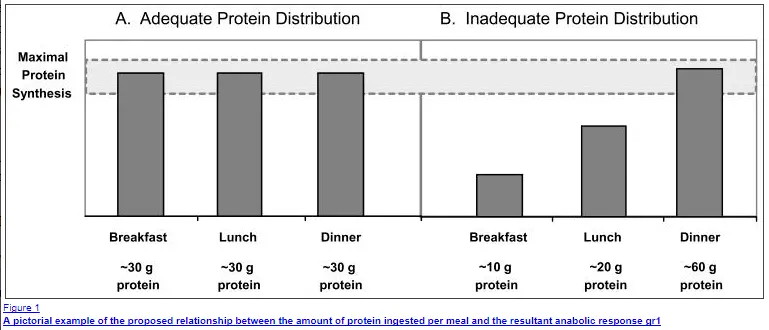
Adequate protein intake means taking in a sustained amount of protein throughout the day (3).
Using protein powder allows you to closely tune the amount of protein intake you consume and adjust it as necessary.
Protein powder increases satiety and normalizes appetite
Next on the list is the connection between protein consumption and appetite.
Protein is one of 3 major macromolecules in your body (carbohydrate, fat, and protein) and each one alters your appetite differently.
Studies have shown that protein increases satiety (4) (meaning it helps you stay full) to a greater extent than both carbohydrates and fat.
In addition, protein also has been shown to increase thermogenesis (the amount of heat produced by your body) and has been shown to maintain fat-free mass.
All 3 of these benefits alter appetite and satiety in a beneficial way.
Does that mean you should use protein powder all day to help reduce your appetite?
No!
Using protein powder in this way will actually cause more harm long term as you reduce your calories.
Instead, it’s best to use protein powder to help curb sugar cravings by combining it with other whole foods to act as a meal replacement.
This allows you to get in a sufficient number of calories (so you don’t damage your metabolism) but also beat the cravings that many people feel for sugary foods and carbohydrates.
Protein powder helps regulate insulin and blood sugar
It is well known that insulin resistance results in visceral fat deposition (5).
For those people keeping track, that means insulin resistance causes increased fat mass in the body, preferably around the organs and stomach area.
This often results in the typical “belly fat” distribution that many people complain of.
Protein powder, both animal and organic protein (6), has been shown to reduce insulin resistance and improve glucose homeostasis.
If you spend time reading this blog (or others such as Jason Fung MD) you will already know that insulin resistance plays a very important role in both weight gain and weight loss resistance among the general population.
Years of eating carbohydrate-rich meals (low-fat foods) build up over time and cause low-grade insulin resistance that often manifests as sub-optimal blood sugar or Hgb A1c test results.
The main problem is that Doctors are conditioned to diagnose and treat type II diabetes, and often ignore early problems until they manifest as bigger problems much later.
Protein powder offers a way to potentially curb this resistance syndrome and help with weight loss early before it becomes a bigger problem.
Indeed, this is one of the reasons that I often recommend high-quality protein as part of a complete weight loss program!
#2. Fewer Side Effects (Dairy-free)
Another important benefit to using organic protein powder is that it tends to be well tolerated, especially when compared to other sources of protein.
Many people (especially those with sensitivities to milk proteins) tend to react with bloating, gas, and/or skin reactions when using whey-based protein powders.
These side effects can be reduced by using high-quality organic-based plant protein powders.
The protein powder that I recommend is also 100% dairy-free, gluten-free, soy-free, contains no GMO, and is free from synthetic or artificial sweeteners.
Believe it or not these small changes have a large impact on the tolerability of certain supplements, especially in those with gastrointestinal health issues.
Some people have a difficult time with the digestion of protein due to alterations in gut microbiota, decreased stomach acid, conditions that alter the intestinal tract, and/or sensitivities to processed foods (including sweeteners or other food products).
People will know if they have a problem with protein powder because they usually present with mild symptoms such as:
- Mild stomach pain or indigestion after consuming protein powder
- Increased gas or bloating
- Changes to the skin (rashes, dermatitis, or eczema)
- Mild nausea
- Other systemic symptoms (fatigue, decreased energy, brain fog, etc.)
These symptoms are generally related to the FORM of the protein consumed, not the actual protein itself.
Many of these symptoms can be significantly reduced by switching to organic protein powders that are also free of soy and milk proteins.
If you prefer to use whey protein powder make sure that you purchase your protein from an organic and grass-fed source.
#3. Better for People with Hypothyroidism & Hashimoto’s Thyroiditis
For many of the reasons listed above patients with thyroid-related issues should seriously consider the use of plant-based protein over traditional whey-based protein powders.
Patients with hypothyroidism tend to have problems with digestion (due to decreased stomach acid), weight gain (due to reduced metabolism), sensitivities (from an altered immune function), and inflammation.
Using organic sources of plant-based protein can help reduce or eliminate many of the problems associated with the digestion of animal protein (especially whey) in thyroid patients.
Remember:
Many cases (up to 90% depending on the study) of hypothyroidism are actually caused by an autoimmune disease known as Hashimoto’s thyroiditis.
Hashimoto’s is an autoimmune disease and there is a connection between Hashimoto’s and other autoimmune diseases such as Celiac disease.
The point here is that many people attempt to go gluten-free and/or dairy-free only to be sabotaged by the type of protein powder that they use.
While there isn’t a large body of evidence to support plant-based protein over animal-based protein powders, most providers will agree that patients with thyroid problems (and autoimmune diseases) tend to tolerate plant protein very well.
The Best Organic Protein Supplement
For the best results, you will want to find a high-quality supplement that contains formulations of plant-based protein while also including other nutrients (either vitamins or whole foods).
In terms of protein content, I recommend around 15-20 grams of protein per serving.
If your goal is weight loss try to not consume more than 1 serving per day of protein powder as excessively high doses of protein can curb weight loss efforts.
I have had the most success with organic protein powder that contains protein sourced from brown rice, organic ancient grains, and pea protein.
If you can find a protein powder that also contains natural enzyme support and/or vitamins as well.
My preference is to combine both protein powder (plant-based) with whole foods.
This helps combine both protein and “green drinks” into 1 supplement:
How to Supplement with Organic Protein Powder
- 1 scoop each day in the morning (each serving is 15 grams of protein)
- Use daily as part of a weight loss program and combine with probiotics (see recipe below)
Organic Protein Ultra Gut Healing Smoothie Recipe
If you aren’t sure how to use protein powder then you can start with this gut-healing smoothie recipe.
This is a recipe that I used to help improve my health (as I was suffering from adrenal issues and intestinal issues).
You can use this recipe with any protein powder:
Ingredients:
- 1/2 to 1 frozen banana
- 1/2 cup frozen blueberries
- 1/2 to 1 tablespoon of coconut oil
- 1 scoop of protein powder
- Filtered water (depending on consistency)
- *Optional: 1 serving of collagen peptides (another source of protein)
- *Optional: 1/2 to 1 tablespoon of Amond butter (replace coconut oil if you prefer)
Directions:
- Combine all ingredients in a blender and blend on medium/high for up to 1 minute or until desired consistency is achieved.
- You can add ice to the smoothie to help increase the consistency.
This smoothie recipe provides your body with a balanced blend of carbohydrates, proteins, and fat that should keep you feeling full clear until lunchtime (or later if you are fasting).
Forget about the calories when you make a smoothie and instead focus on the quality of the products that you put into the smoothie.
As long as you are using whole sources of fresh food your results will be great.
Quick Protein Powder FAQ
Can you take too much protein powder?
Yes!
Remember:
Protein is a macromolecule much like carbohydrates and fat.
Even though it is metabolized differently and produces different amounts of calories per unit, you still shouldn’t consume an unlimited amount each day.
Excessive protein consumption can increase leptin (7) levels and make weight loss difficult if you already have existing leptin resistance (you can learn more about how leptin makes weight loss impossible in this article).
Excessive protein can also stimulate insulin (especially whey protein (8)) levels which makes weight loss difficult if you suffer from insulin resistance.
For this reason, you want to keep the amount of protein you use down to 1 serving per day (preferably around 20 grams) if you are trying to lose weight.
If you are trying to increase muscle mass then these principles don’t apply 100%.
How often should I use protein powder?
This largely depends on your goal and why you are using it but in general stick to 1 serving per day if you are trying to lose weight.
If your goal is to put on muscle then 1-3x per day may be necessary (depending on existing muscle mass, body weight, etc.).
Can I use Whey protein?
I recommend a trial of plant protein over whey protein to see how you tolerate both.
Most of the time your body will let you know if you tolerate whey protein or not.
If there is any doubt then you can undergo a delayed IgG food sensitivity test which can give you insight into how your body reacts to various milk-based proteins and sugars.
If you have hypothyroidism, Hashimoto’s thyroiditis, lots of other food sensitivities, etc. then you most likely will do much better on organic plant-based protein powders.
Will Whey help me lose weight?
Whey protein tends to have a more stimulatory effect on insulin and leptin, more so than plant-based proteins, which can make weight loss difficult in people with either (or both) leptin resistance and insulin resistance.
If you are trying to lose weight, and have been unsuccessful using whey protein, then a trial of plant protein is a good next step to take.
Some people are able to both tolerate whey just fine and lose weight while using it, it just depends on your circumstances and your body.
Can I use protein powder as a meal replacement?
You can, but I don’t recommend it!
Taking protein powder by itself (without other natural food sources) may lead to calorie restriction and metabolic damage, especially if it is done long-term.
Protein powder is best if used in smoothies or as part of other recipes which also include other macromolecules such as fat and/or protein.
Using protein powder with healthy fats and carbohydrates will also lead to increased satiety and may help reduce food cravings thus promoting weight loss.
Back to you
The bottom line?
Organic protein powder offers many health benefits and may be a preferred source of protein for many people, especially those with certain medical conditions.
This type of protein is well tolerated, provides healthy and organic sources of plant protein, and may help with weight loss through various mechanisms.
If you are trying to lose weight or haven’t been tolerating other forms of protein powder then switching to a plant-based organic protein powder may provide superior results.
Now I want to hear from you:
What kind of protein powder has worked well for you?
Have you tried organic plant-based protein powders before?
Have you reacted to whey protein?
Leave your comments below!
Scientific References
#1. https://www.ncbi.nlm.nih.gov/pmc/articles/PMC3698202/
#2. https://www.ncbi.nlm.nih.gov/pubmed/21912246
#3. https://www.ncbi.nlm.nih.gov/pmc/articles/PMC2760315/
#4. https://www.ncbi.nlm.nih.gov/pubmed/18469287
#5. https://www.ncbi.nlm.nih.gov/pmc/articles/PMC4038351/
#6. https://www.ncbi.nlm.nih.gov/pmc/articles/PMC4690061/
#7. https://www.ncbi.nlm.nih.gov/pmc/articles/PMC4251481/
#8. https://www.ncbi.nlm.nih.gov/pubmed/16002802
